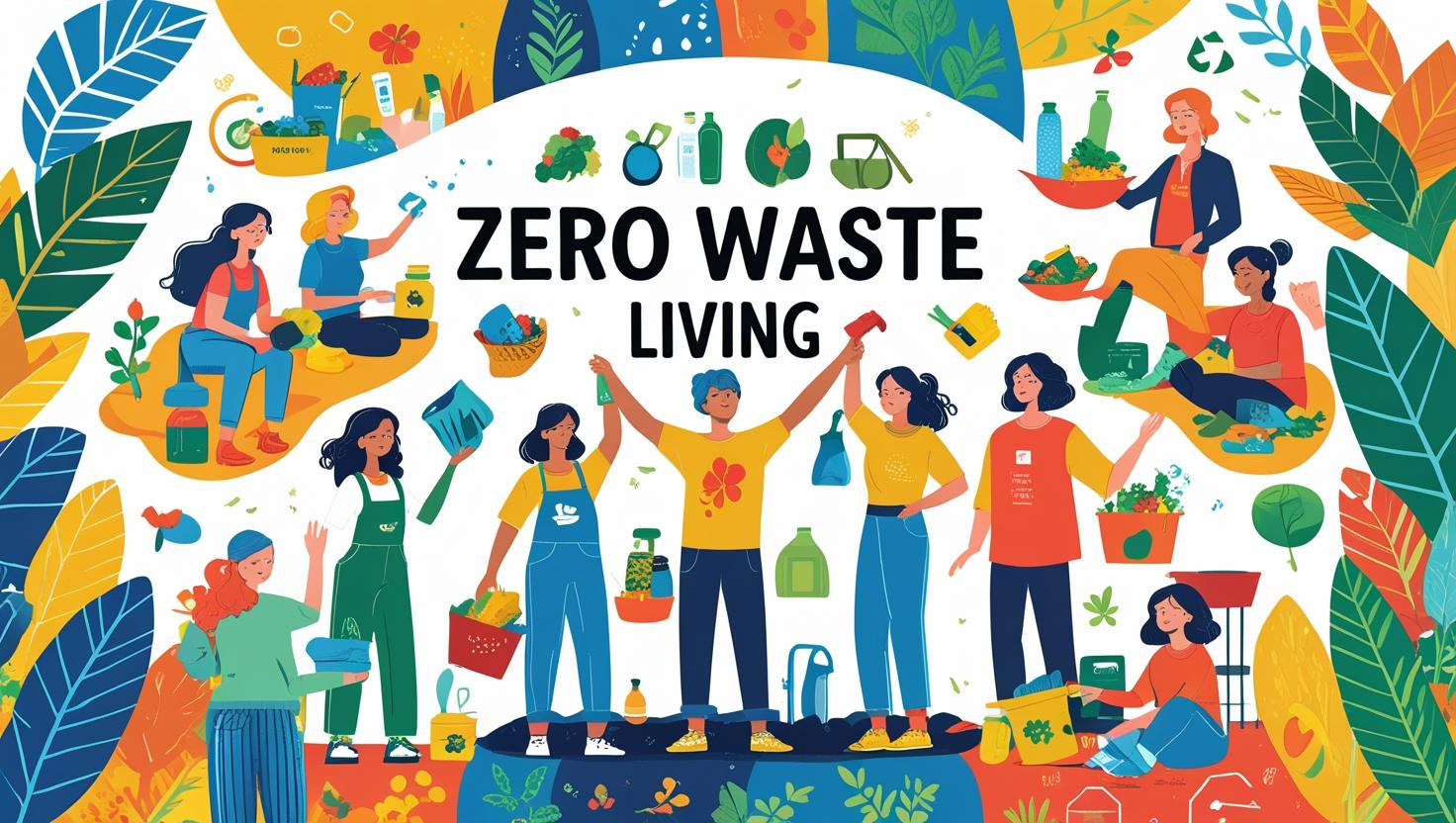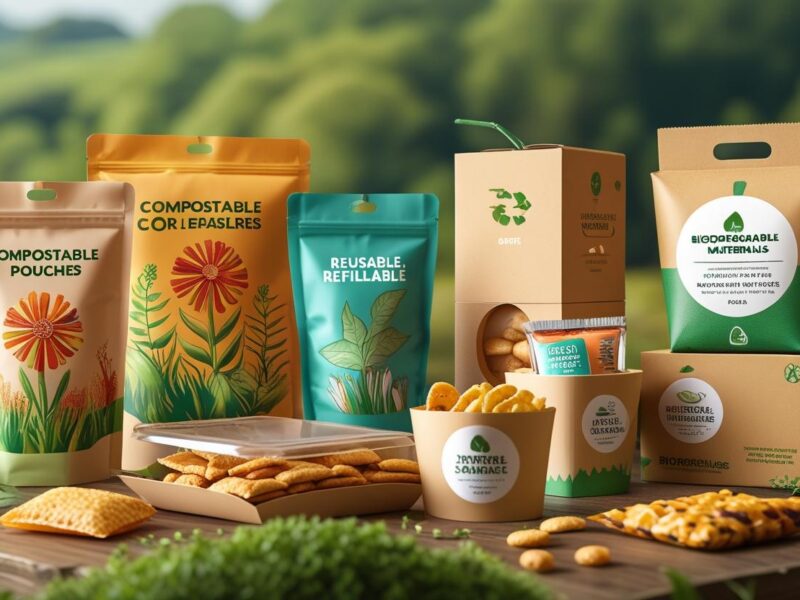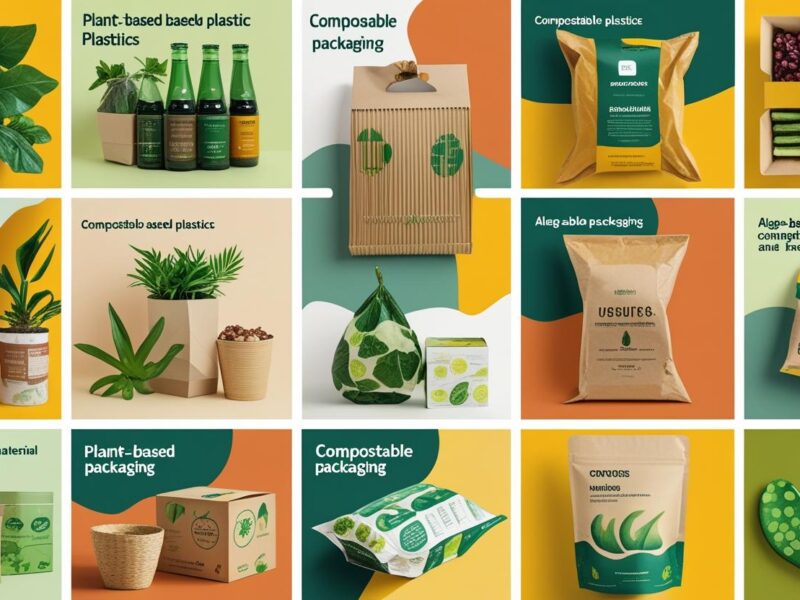Learn the zero waste meaning, its benefits, and easy actions you can take today to cut trash, save money, and protect the planet.

Defining Zero Waste Meaning
When people ask about zero waste meaning, they want more than a dictionary definition. Zero waste describes a design philosophy and lifestyle choice that sends no trash to landfills, incinerators, or the environment. You rethink products at every stage—extraction, manufacturing, use, and end of life—so materials return safely to the earth or industry. This approach creates a closed loop, often called the circular economy, where nothing becomes useless.
Origins and Evolution of the Term
The phrase “zero waste” first appeared in the 1970s among chemical engineers seeking to recover industrial solvents. Activists expanded the concept in the 1990s, and the Zero Waste International Alliance later published guiding principles that prioritize resource conservation and social equity. Cities such as San Francisco, Capannori, and Kamikatsu adopted ambitious targets and proved that the strategy cuts costs while boosting community well-being.
Key Principles Behind Zero Waste
Refuse Unnecessary Items
Reject freebies, junk mail, and disposable packaging. Your “no” tells companies to design smarter.
Reduce Consumption
Choose quality over quantity. A durable stainless-steel bottle outlasts hundreds of plastic ones.
Reuse and Repair
Borrow, rent, or swap before buying new. Fix broken electronics with guides from iFixit.
Recycle Correctly
Sort materials by local rules, rinse containers, and avoid wish-cycling. Proper recycling keeps valuable resources in circulation.
Rot Organics
Compost food scraps, coffee grounds, and yard clippings. Healthy compost enriches soil and traps carbon rather than releasing methane at landfills.

Zero Waste vs. Traditional Waste Management
Traditional waste systems follow a linear path: take → make → dispose. They rely on landfills and incinerators that leak methane, toxins, and microplastics. Zero waste flips the model to a circular loop where design prevents waste, and leftover materials re-enter production or nature harmlessly.
| Approach | Main Goal | Environmental Impact | Economic Outcome |
|---|---|---|---|
| Linear (Landfill) | Dispose quickly | High emissions and pollution | Short-term convenience, long-term costs |
| Zero Waste | Eliminate waste | Low emissions, resource recovery | Savings on raw materials, new green jobs |
Environmental, Economic, and Social Benefits
Environmental gains
- Slashes greenhouse gases: Composting cuts methane, while product reuse shrinks manufacturing emissions.
- Saves wildlife: Less plastic enters oceans, protecting marine animals.
- Preserves resources: Recycling aluminum saves 95 % of the energy needed for virgin metal.
Economic advantages
- Lowers household bills by avoiding single-use items.
- Creates skilled jobs in repair, refill, and compost industries.
Social improvements
- Builds resilient communities through sharing libraries and tool banks.
- Enhances public health with cleaner air and water.

How to Apply Zero Waste Meaning in Daily Life
Conduct a Trash Audit
Collect your garbage for one week and note common items—often snack wrappers, coffee cups, or paper towels. Tackle each category step-by-step.
Build a Reusable Kit
Carry these essentials:
- Stainless-steel water bottle
- Insulated coffee mug
- Cloth napkin and tote bag
- Bamboo cutlery and metal straw
Shop Package-Free
Visit bulk stores or farmer’s markets. Weigh jars (tare) before filling them with grains, oils, or spices. Choose products with minimal or compostable packaging.
Plan Meals Mindfully
Write a weekly menu, store produce properly, and freeze leftovers. Turn veggie offcuts into broth and stale bread into croutons.
DIY Cleaning and Personal Care
Mix baking soda and vinegar for an all-purpose cleaner. Whip up deodorant with coconut oil, arrowroot powder, and essential oils.
Challenges and Misconceptions
“Zero waste is expensive.”
Up-front investments—like reusable coffee filters—save money over time.
“I live in an apartment, so I can’t compost.”
Try bokashi bins, countertop electric composters, or community drop-off sites.
“Recycling alone solves waste.”
Recycling sits near the end of the hierarchy. Focus first on refusing, reducing, and reusing.
“You must fit trash into a mason jar.”
Progress matters more than perfection. Aim for steady improvement, not impossible purity.
Measuring Success: Metrics and Certifications
- Waste-diversion rate: Percentage of materials diverted from landfills or incinerators.
- Carbon footprint apps: Track emissions cuts when you reduce waste.
- Monthly spend on disposables: Watch savings grow as you swap to reusables.
- Certifications: Cradle to Cradle, B Corp, and TRUE Zero Waste help consumers identify responsible brands.
Global Examples and Success Stories
San Francisco, USA
Diverted over 80 % of waste through mandatory composting and robust recycling programs.
Kamikatsu, Japan
Sorted waste into 45 categories and set a bold target to eliminate incineration and landfill use.
Ljubljana, Slovenia
Became the first European capital to commit to zero waste, slashing disposal costs by promoting door-to-door collection and education.
These cities prove that policy, infrastructure, and community engagement drive significant waste reduction.
Frequently Asked Questions
How can I practice zero waste on a college campus?
Use refillable water stations, choose digital notes, and join campus free-cycle groups.
Which zero-waste swaps save the most money?
Switching to a safety razor, cloth napkins, and bulk pantry staples delivers quick payback.
Can businesses adopt zero waste meaningfully?
Yes. Companies can redesign packaging, offer take-back programs, and work with suppliers to close material loops.
Does zero waste include energy and water savings?
Waste prevention often lowers energy and water footprints because it reduces manufacturing demand.
Where do I find zero-waste communities online?
Look for local groups on social media, forums like r/ZeroWaste, and the Zero Waste Cities network.
Conclusion – Turn Understanding into Action
You now grasp the zero waste meaning and its power to reshape our world. Each reusable bag, repaired gadget, and composted peel reduces pollution, saves money, and strengthens community ties. Start with a single change today—brew coffee in a French press, say no to a plastic lid, or organize a neighborhood swap. Share your progress, inspire others, and push manufacturers and policymakers to design waste out of the system.


